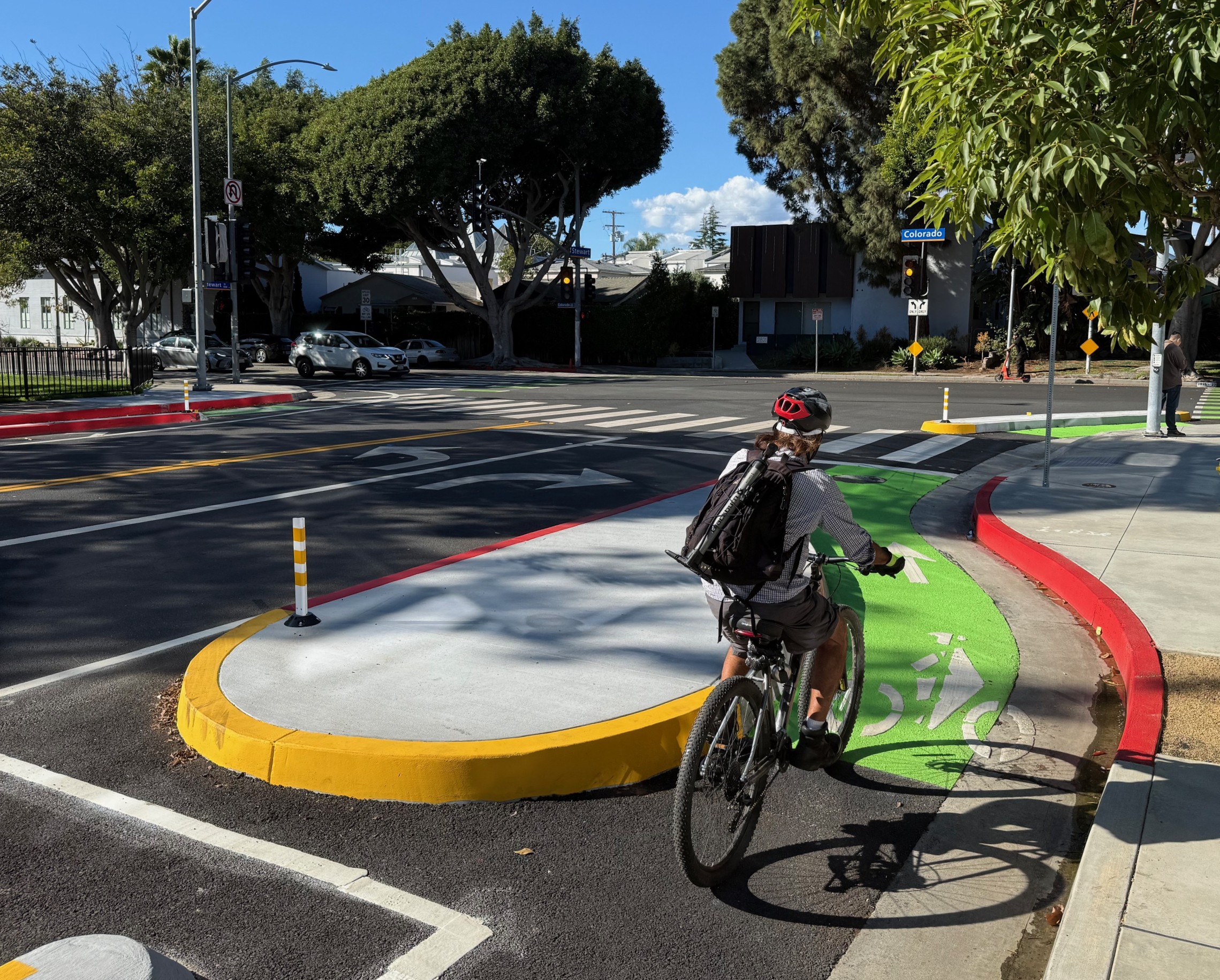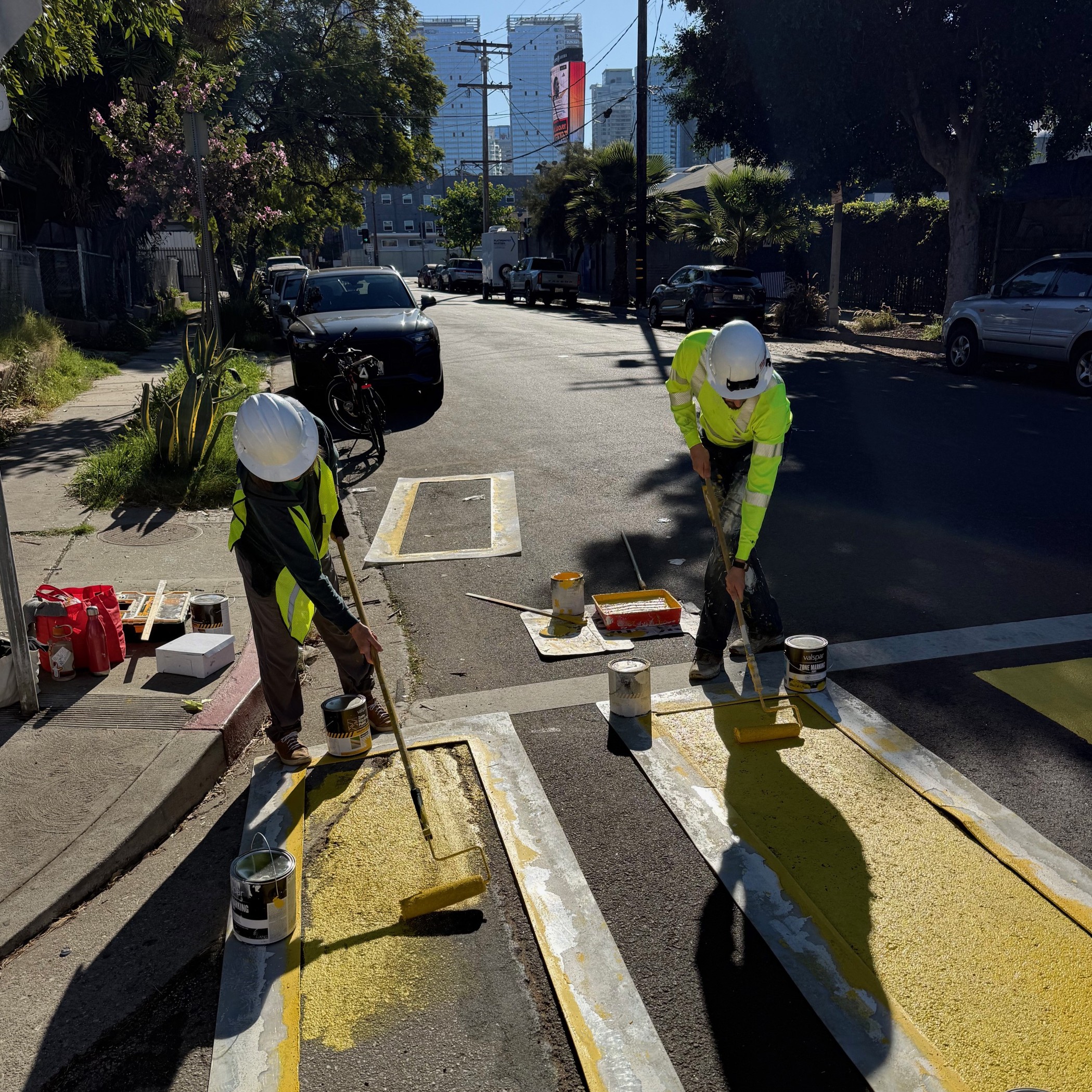For the last two days, Nigeria has been on fire with national protests against the government’s move to drop the fuel subsidy that has kept gasoline cheap for years. All of a sudden, on January 1, Nigerians awoke to find that gas prices had gone from 65 naira (40 cents) to at least 141 naira (86 cents) per liter.
Think about the nationwide backlash that occurs in the United States every time gas prices rise. Now imagine that this were an impoverished country in which the average citizen subsisted on less than $2 a day. Is it any wonder Nigerians have taken to the streets? They’re now on Day Two of a general strike that’s paralyzing the nation. Two people have reportedly been killed by police violence.
Meanwhile, the Occupy movement in the United States has taken up the banner of cheaper fuel in Nigeria. Yesterday, protesters in Washington, DC rallied outside the World Bank headquarters (though the IMF, across the street, would have been a better target, since Nigerians are blaming IMF pressure for the fuel hike). Today, New York activists targeted Nigeria’s Consulate General for a noontime protest.
Transportation reformers in the U.S., even those that sympathize with the social justice issues at stake, might cringe a little at the thought of the progressive movement embracing the principle of cheap gas. Reformers generally take the view that fossil fuels should be priced far higherthan they are – that subsidies conceal the true costs, direct and indirect, of fuel use and distort our transportation network, our environment, and our economy in unhealthy ways. But it’s more complicated in Nigeria.
Nigeria is an oil-producing nation, but the profits from the 2.4 million barrels of crude the country produces each day don’t trickle down to the people. The government is notoriously corrupt, and people overwhelmingly see the fuel subsidy as the one tangible benefit they get from all the oil wealth that surrounds them – and from “all the pollution and conflict and problems the oil industry has brought to the country,” says Steve Kretzmann, executive director of Oil Change International.
Besides, Nigerians aren’t protesting fuel prices because they want to be able to drive around in single-occupancy vehicles like Americans do. Nigeria ranks 119th in vehicle ownership, with just 31 motor vehicles per 1,000 inhabitants (as of 2007). The cost of everything has gone up, from food to medicine to school fees and yes, transportation.
According to news reports, Nigeria doesn’t really have a viable public transportation system, but perhaps this fuel hike will be the beginning of one: President Goodluck Jonathan has announced the "immediate distribution of 1,600 mass transit buses to major cities." Meanwhile, the loose network of private taxis and minibuses has seen prices skyrocket. And with no real energy infrastructure, many households and businesses use generators that run on fuel.
Still, Jonathan’s government says the fuel subsidy is mostly a boon for the rich, who can fill their gas tanks cheaply, at the expense of the poor, who suffer from a galling lack of infrastructure. “Consumption subsidies around the world, like this one, aren’t pro-poor,” Kretzmann said. “They tend to only accrue to the people who have cars, the upper classes. But they get defended as pro-poor all the time.”
Officials say the 1 trillion naira ($6 billion) that can be saved yearly by removing the fuel subsidy will be pumped into infrastructure improvements. The corruption-weary populace is skeptical, and with good reason. The government published a report on how they would spend the savings from the subsidy repeal – but the report had no numbers in it, meaning the government can’t be held accountable.
Kretzmann, who fought Shell Oil’s complicity in human rights violations in Nigeria in the nineties before and after the hanging death of Ken Saro-Wiwa, believes in ending all fuel subsidies – but says there’s a right way and a wrong way to do it.
First of all, he said, production subsidies should be removed first, with safeguards put in place that oil companies won’t just pass price hikes along to consumers. Second, wealthy countries should be removing their subsidies before poor countries.
The Nigerian government could have looked for other revenue streams – like increasing taxes on the oil industry and stopping corruption – before forcing poor people to pay more. “It’s ethically offensive that they would start there,” he said. “It sends the wrong message.”
Repealing the subsidies is the right move, Kretzmann said, if done gradually and with safeguards built in to help people adjust. Ironically, he said, Iran recently became a case study in doing it right, when the country established bank accounts for every inhabitant of the country and handed out ATM cards for people to access money if they needed help coping with higher fuel prices. “Interestingly, the vast majority never touched it,” he said.
But the right elements were there, and that’s what Nigeria should emulate: evaluating the impacts on the population of a fuel increase and finding ways to cushion that blow during a transitional period.
While the United States recently saw refined fuel products shoot to the top of its list of exports, Nigeria only exports crude and imports the finished product -- a big money loser. So the subsidy involves not just lost potential revenue, but actual money going out the door. A lot of money – more than the government spends on defense, education, and health care combined.
When governments guarantee a price ceiling on fuel, Kretzmann said, global prices spikes “blow a hole” in their national budgets, cutting deeply into essential social programs and everything else governments spend money on.
Clearly, Nigeria’s subsidy needs to end. But first, the country needs to mitigate the impact of the higher prices. And it needs to find a way to make its people – especially poor people – less dependent on fossil fuels. A real energy infrastructure would help. And that's one thing the government says it plans to spend the savings on now that the subsidy is gone.







